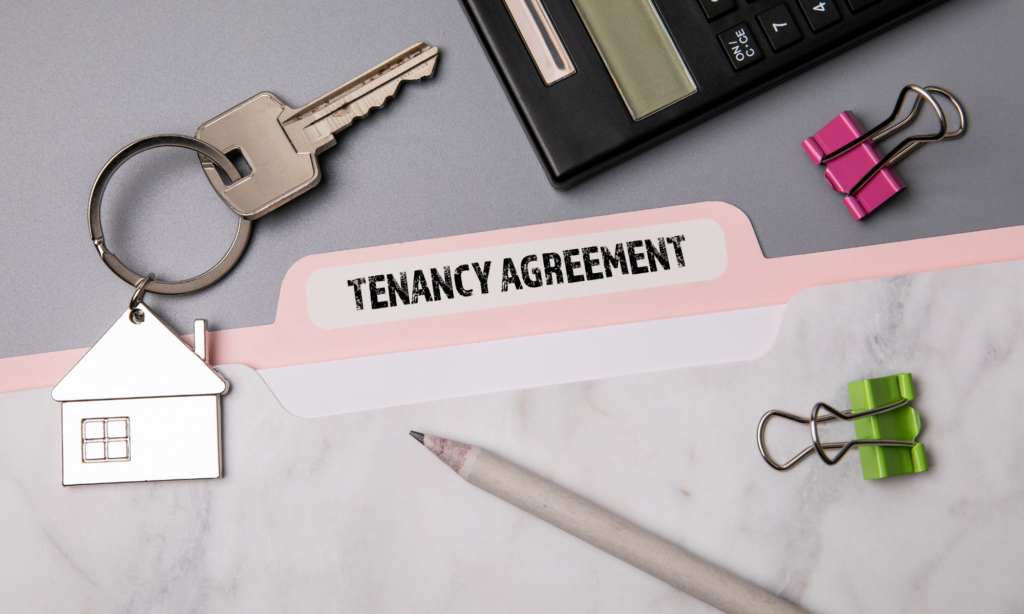As part of the ongoing support for business affected by the Covid-19 pandemic, the Commercial Rent (Coronavirus) Bill 2021-22 was passed by Parliament on 25 March 2022.
The Bill ring-fences commercial rent debts built up as a result of mandated business closures during the COVID-19 pandemic and:
- Introduces a binding arbitration process to resolve claims for rent arrears that have accrued during periods of enforced closure if parties have not already reached agreement.
- Replaces the old restrictions with a new moratorium that prevents landlords from exercising their usual remedies while the application period for arbitration is open or while a statutory arbitration is in progress, but strictly only in respect of certain ring-fenced rent arrears.
The government’s intention is that rent debt accrued as a result of the COVID-19 pandemic should not force otherwise viable businesses to cease operating
The Bill works by protecting rent arrears (including service charges, insurance rent, interest and VAT) that accrued during the ring-fenced period from 21 March 2020, when the first requirements on businesses to close their premises or cease trading (in whole or part) came into force, to the date when specific restrictions were last removed for the relevant sector. The protection only applies to the specific periods of time when the business was mandated to close.
WHAT IS A PROTECTED RENT DEBT?
A “protected rent debt” is a debt under a business tenancy consisting of unpaid protected rent.
Rent due under a tenancy is “protected rent” if both of the following apply:
- The tenancy was “adversely affected by coronavirus”.
- The rent is attributable to a period of occupation by the tenant for, or for a period within, the “protected period” applying to the tenancy.
For these purposes, a business tenancy is treated as having been “adversely affected by coronavirus” if, for any “relevant period”, either the whole or part of the business carried on by the tenant at or from the premises, or the whole or part of those premises, was subject to a “closure requirement“.
“Relevant period” means a period beginning at or after 2.00 pm on 21 March 2020 and ending:
- 11.55 pm on 18 July 2021, in England.
- 6.00 am on 7 August 2021, in Wales.
The new arbitration scheme only relates to rent arrears accrued in this period (in whole or in part).
WHAT RENT IS NOT INCLUDED?
Landlords will be able to exercise their usual remedies in respect of the following amounts (not exhaustive) because they do not fall within the scope of the Bill:
- Rent that has already been paid.
- Rent arrears incurred before 21 March 2020, and after 18 July 2021 in England and 7 August 2021 in Wales (or from the last day of the end of the ring-fenced period if earlier).
- Rent arrears incurred by tenants whose businesses were not forced to close.
- Rent arrears that have been included in any existing agreements.
- Rent arrears due under licences and tenancies that are not business tenancies.
THE NEW ARBITRATION SCHEME
Where the parties cannot resolve disputes about protected rent arrears by agreement, either party can refer the following matters to the new statutory arbitration scheme:
- Whether there is a protected rent debt of any amount.
- Whether the tenant should be given relief from payment of a protected rent debt and, if so, what relief.
The arbitrator will be able to make an award that does one or more of the following in relation to the protected rent debt:
- Writes off the whole or any part of the debt.
- Gives time to pay the whole or any part of the debt.
- Reduces (including to zero) any interest otherwise payable by the tenant under the terms of the tenancy in relation to the whole or any part of the debt
HOW DOES THIS AFFECT LANDLORDS AND TENANTS?
- Where the parties have not reached an agreement in relation to a protected rent debt, they will have a six-month window from the date on which the Bill is passed in which to refer the matter to the new arbitration scheme.
- The Bill prevents a landlord who is owed a protected rent debt from using certain remedies in relation to that debt until the six-month period for making a referral to arbitration has ended or, where a referral is made, until the arbitration has concluded. This is known as the Moratorium Period.
NB: The Bill does not affect court claims and other proceedings started before 10 November 2021.
Next steps
If, as a landlord or tenant, you have any queries regarding the process relating to the new legislation, please contact Insolvency Practitioner Gareth Hunt at ghunt@rpg.co.uk or call 0161 608 0000
It is also worth noting that there may be wider financial problems for either party which will need to be addressed.
Our Licensed Insolvency Practitioners have many years of experience in corporate recovery and insolvency and we can provide you with impartial advice and recommendations, entirely without obligation.
Please contact us now to discuss how we can help you. Email Gareth Hunt at ghunt@rpg.co.uk or call 0161 608 0000








 Production
Production